Auto Sector Incentives: A Comprehensive Guide for Dealerships, Retailers, and Mechanics.

In the dynamic and competitive landscape of the auto sector, effectively managing incentives is crucial for driving performance, fostering loyalty, and achieving sustainable growth.
Whether you’re an auto dealership, retailer, mechanic, or part of another sector within the industry, understanding how to tailor incentives to your specific audience is key to success. In this comprehensive guide, we’ll explore best practices for managing incentives across various sectors of the auto industry, offering actionable strategies to maximize results and drive success.
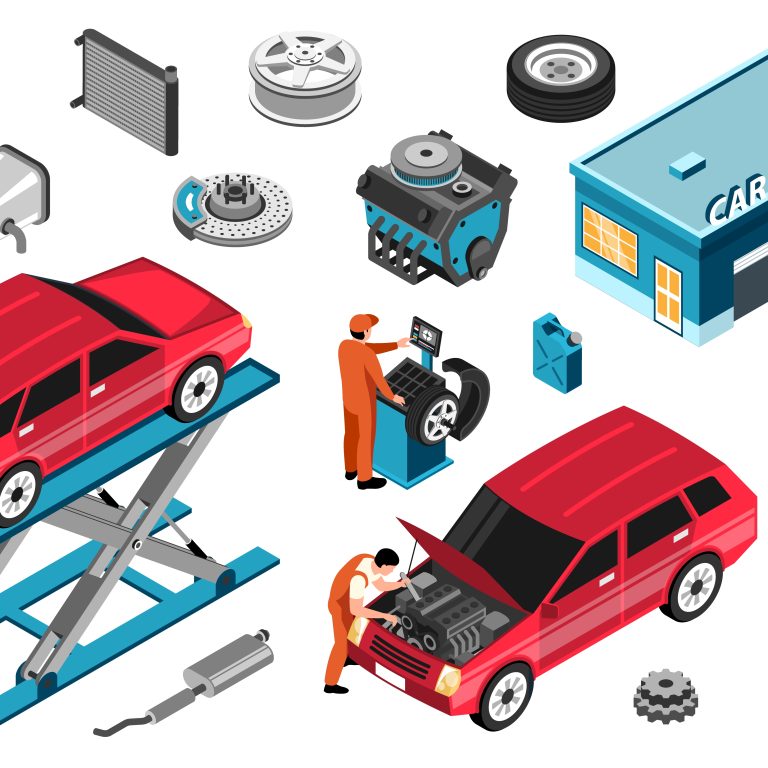
Thinking about launching an incentive program for your auto brand?
Schedule a free Proof of Concept session tailored for your brand
Introduction: The Power of Incentives in the Auto Sector
Incentives play a pivotal role in motivating individuals and organizations within the auto sector to achieve desired outcomes. Whether it’s increasing sales, improving customer satisfaction, or enhancing productivity, incentives provide the necessary motivation to drive performance. However, managing incentives effectively requires a deep understanding of the unique dynamics and challenges within each sector of the auto industry.
Section 1: Auto Dealerships
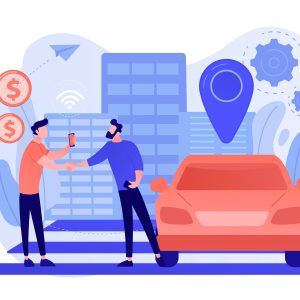
Audience: Dealership Owners, Managers, Sales Teams
Auto dealerships are the backbone of the automotive retail industry, serving as the primary point of contact between manufacturers and consumers.
Effectively managing incentives within dealerships is essential for driving sales, improving customer satisfaction, and maintaining profitability.
Performance-Based Incentive Programs:
Implementing performance-based incentive programs can motivate sales teams to achieve and exceed targets.
By aligning incentives with key performance metrics, such as sales volume, customer satisfaction ratings, and dealership profitability, dealerships can drive desired behaviors and outcomes.
Retention and Engagement Initiatives:
High turnover rates among dealership staff can disrupt operations and hinder long-term success.
Implementing retention and engagement initiatives, such as competitive compensation packages, career development opportunities, and recognition programs, can help attract and retain top talent.
Training and Development Programs:
Investing in training and development programs for sales teams can enhance product knowledge, sales skills, and customer service excellence.
By equipping sales staff with the necessary tools and resources, dealerships can improve sales performance and customer satisfaction levels.
Customer Referral Programs:
Leveraging customer referral programs can tap into existing networks and generate qualified leads at a lower cost.
By incentivizing customers to refer friends and family members, dealerships can expand their customer base and drive sales growth organically.
New Vehicle Incentive Structures:
Introducing innovative incentive structures for new vehicle sales, such as cash rebates, low-interest financing, or lease incentives, can stimulate demand and drive sales.
By offering attractive incentives to customers, dealerships can increase showroom traffic and close more sales.
Section 2: Retailers

Audience: Auto Parts Retailers, Spare Parts Distributors
Retailers play a critical role in the auto sector by providing consumers with access to a wide range of auto parts and accessories. Managing incentives effectively within the retail sector is essential for driving sales, increasing customer loyalty, and maximizing profitability.
Volume-Based Incentive Programs:
Offering incentives based on sales volume can motivate retailers to prioritize aftermarket services and increase revenue streams.
By providing rewards for achieving volume-based targets, manufacturers can encourage retailers to promote specific products and brands.
Cooperative Advertising Programs:
Collaborating with retailers on cooperative advertising programs can increase brand visibility and drive sales.
By sharing the cost of advertising campaigns and offering incentives for participation, manufacturers can leverage the marketing expertise of retailers to reach a wider audience.
Training and Support Initiatives:
Providing retailers with access to training and support resources can enhance product knowledge and sales skills.
By offering product training sessions, marketing materials, and technical support, manufacturers can empower retailers to provide superior customer service and support.
Promotional Incentives:
Offering promotional incentives, such as discounts, rebates, and special offers, can stimulate demand and drive sales.
By providing retailers with promotional materials and incentives for promoting specific products, manufacturers can create excitement and generate sales momentum.
Inventory Management Strategies:
Implementing inventory management strategies, such as just-in-time (JIT) inventory or consignment programs, can reduce carrying costs and improve cash flow for retailers.
By offering incentives for implementing efficient inventory management practices, manufacturers can streamline operations and increase profitability for retailers.
Section 3: Mechanics

Audience: Auto Repair Shops, Service Centers
Mechanics play a crucial role in the auto sector by providing maintenance, repair, and servicing for vehicles.
Managing incentives effectively within the mechanic sector is essential for driving customer satisfaction, increasing repeat business, and maintaining a competitive edge.
Performance-Based Incentive Programs:
Offering performance-based incentives can motivate mechanics to achieve and exceed service targets.
By rewarding mechanics for completing jobs on time, meeting quality standards, and providing excellent customer service, auto repair shops can drive performance and customer satisfaction levels.
Training and Certification Programs:
Investing in training and certification programs for mechanics can enhance technical skills and expertise.
By offering incentives for completing training courses and achieving certification, auto repair shops can ensure that their mechanics are up-to-date on the latest technologies and best practices.
Customer Referral Incentives:
Implementing customer referral incentives can encourage satisfied customers to recommend the services of auto repair shops to friends and family members.
By offering rewards for successful referrals, auto repair shops can expand their customer base and drive business growth through word-of-mouth marketing.
Warranty Service Contracts:
Offering warranty service contracts or extended warranty plans can provide additional revenue streams for auto repair shops.
By incentivizing mechanics to promote warranty service contracts to customers, shops can increase sales and generate recurring revenue from warranty repairs.
Section 4: Manufacturers and OEMs
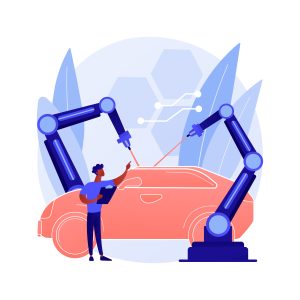
Audience: Auto Manufacturers, Original Equipment Manufacturers
Manufacturers and OEMs play a central role in the auto sector by designing, producing, and distributing vehicles and auto parts.
Managing incentives effectively within the manufacturing sector is essential for driving sales, increasing market share, and maintaining competitiveness.
Dealer Incentive Programs:
Offering dealer incentive programs can motivate dealerships to promote specific products and brands.
By providing incentives for achieving sales targets, expanding market reach, and providing excellent customer service, manufacturers can drive dealership performance and loyalty.
Channel Partner Programs:
Collaborating with channel partners, such as distributors and wholesalers, can increase market penetration and drive sales.
By offering incentives for expanding distribution channels, reaching new markets, and increasing sales volumes, manufacturers can leverage the expertise and resources of channel partners to achieve business objectives.
Product Launch Incentives:
Introducing incentives for new product launches can generate excitement and stimulate demand.
By offering rewards, discounts, and promotional offers to dealerships, retailers, and customers, manufacturers can create momentum and drive sales for new products.
Supply Chain Incentive Programs:
Managing incentives within the supply chain is essential for optimizing production, reducing costs, and improving efficiency.
By offering incentives for meeting production targets, maintaining quality standards, and reducing lead times, manufacturers can incentivize suppliers to perform at their best and drive overall supply chain performance.
Research and Development Incentives:
Investing in research and development (R&D) is essential for driving innovation and maintaining a competitive edge.
By offering incentives for R&D initiatives, such as tax credits, grants, or funding opportunities, manufacturers can encourage innovation and drive product development efforts.
Conclusion: Driving Success Through Effective Incentive Management
Incentives are a powerful tool for driving performance, fostering loyalty, and achieving success within the auto sector. Whether you’re an auto dealership, retailer, mechanic, manufacturer, or part of another sector within the industry, understanding how to manage incentives effectively is essential for achieving business objectives and maintaining competitiveness.
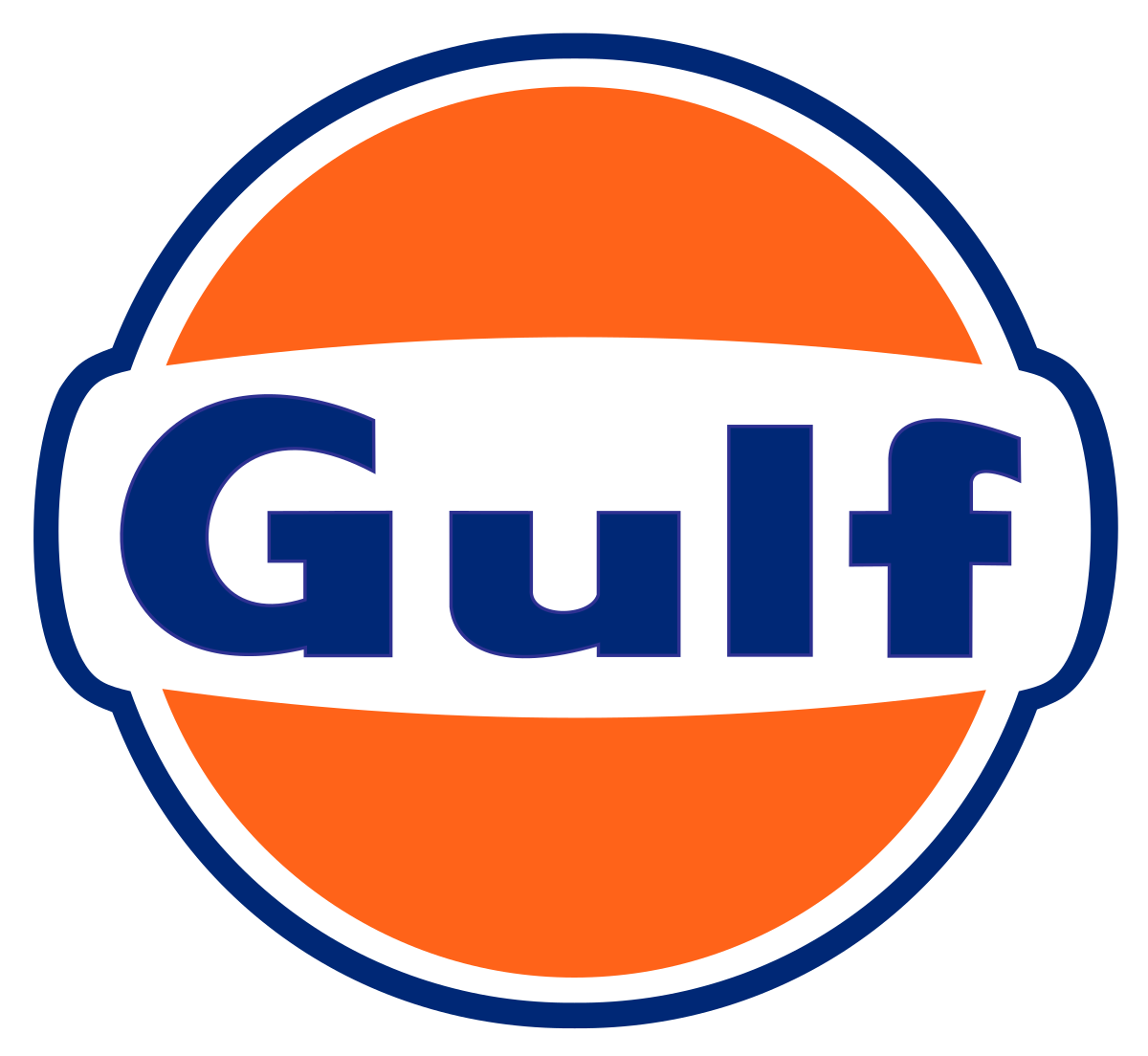
Incentives are vital in the auto sector as they motivate sales teams, retailers, and mechanics to achieve higher performance, enhance customer satisfaction, and increase brand loyalty. They drive sales, improve employee engagement, and create a competitive advantage.
My Incentives is a comprehensive platform designed to manage and optimize incentive programs across all audiences in the auto sector. It offers centralized management, real-time analytics, customization, and enhanced engagement tools to ensure the success of your incentive programs, tailored to the specific needs of dealerships, retailers, and mechanics.
Leading auto brands like Mahindra and Gulf use My Incentives to run their incentive programs.
Success can be achieved through clear communication, providing user-friendly tools and platforms, gathering and acting on feedback, regularly updating the program, offering comprehensive training and support, and customizing incentives to fit the specific needs of each audience.
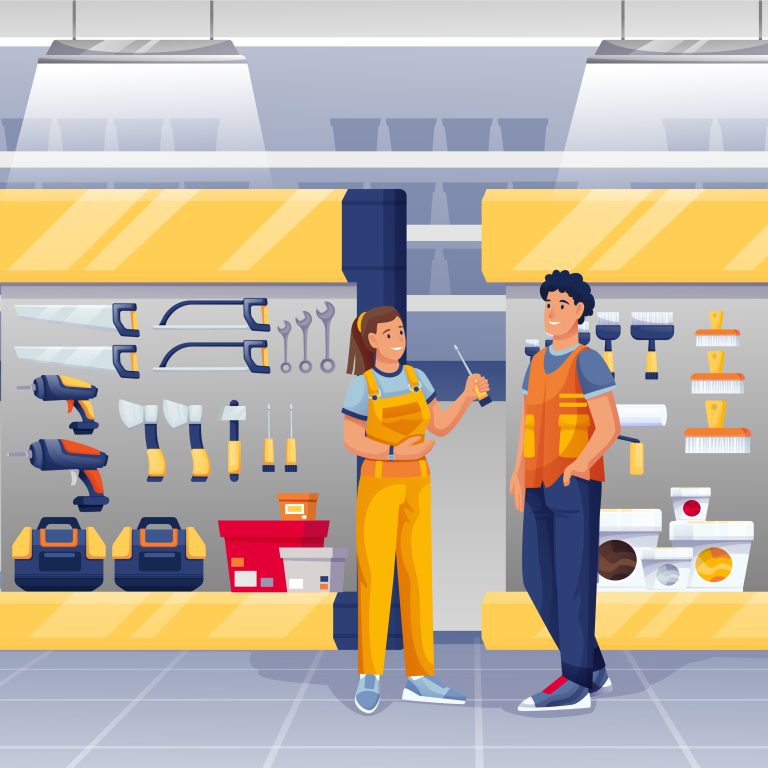
Ready to take your auto incentive programs to the next level?
Schedule a free Proof of Concept session tailored for your brand

Ready to take your incentive programs to the next level?
Schedule a free Proof of Concept session tailored for your brand
Incentives are vital in the auto sector as they motivate sales teams, retailers, and mechanics to achieve higher performance, enhance customer satisfaction, and increase brand loyalty. They drive sales, improve employee engagement, and create a competitive advantage.
My Incentives is a comprehensive platform designed to manage and optimize incentive programs across all audiences in the auto sector. It offers centralized management, real-time analytics, customization, and enhanced engagement tools to ensure the success of your incentive programs, tailored to the specific needs of dealerships, retailers, and mechanics.
Leading auto brands like Mahindra and Gulf use My Incentives to run their incentive programs.
Success can be achieved through clear communication, providing user-friendly tools and platforms, gathering and acting on feedback, regularly updating the program, offering comprehensive training and support, and customizing incentives to fit the specific needs of each audience.
